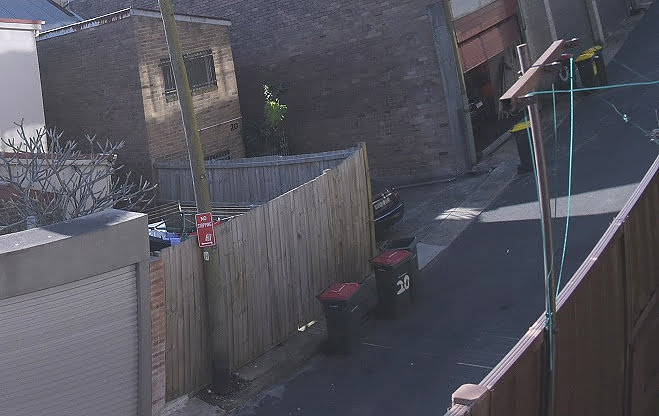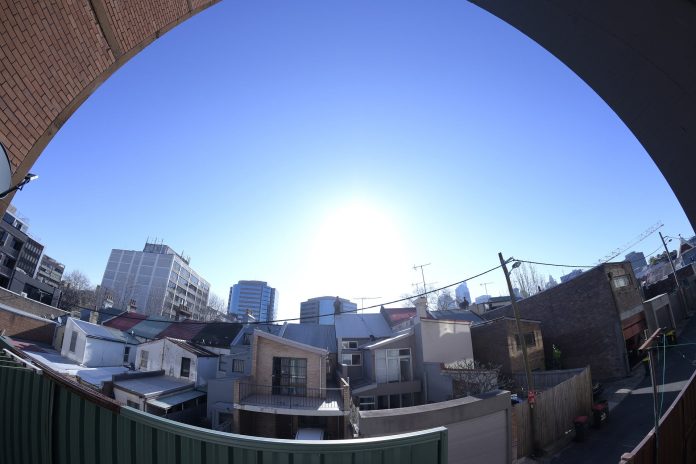As a long-term reader of SEN and a CCTV installer, I get the feeling you’re not in favour of wide angle lenses because of their negative characteristics. Are there conditions in which wide angle lenses are ideal?
A CAMERA lens is ideal if it gives court admissible evidence such as face recognition, from the front to the rear of its assigned target area. Every lens is a double-edged sword. Long focal lengths concentrate pixels and give lovely compression at huge distances but you can rob some poor soul under the camera’s nose and it will not see you.
A wide lens has a tiny hyperfocal distance and for half the distance on the lens side of hyperfocal and all the way past hyperfocal to infinity, everything in the scene will be more or less in focus. However, the wide lens will spread pixels and this means that from a relatively close depth of field – say 12 metres – you may lose fine detail like faces, tattoos, shoe designs and other details investigators love. This is the anguish of lensing but you can manage your way around this.

If this is your target area, you don’t want to crop a wide angle view, you need a longer focal length…
Scentre Group, the manager of Westfield shopping centres, spends serious money on cameras for the entrances of its stores and then economises a little in other areas. It does so because once you can associate faces and clothing in high resolution, it’s possible to do it elsewhere in lower res to create an investigative trail that is thoroughly court admissible.
So, no, we don’t dislike wide – it’s the best for situational awareness and story-telling, giving a good sense of depth of field. However, unless you use higher resolution sensors, it will be a little soft on the monitor, softer on digital zoom and there will be distortions outside the centre that will make it softer still. It’s a balancing act. People often argue that you can ignore the edges if the centre is sharp and distortion-free but we would say never go wider than you must in a video surveillance application – you’re throwing away detail investigators will later wish they had. ♦












